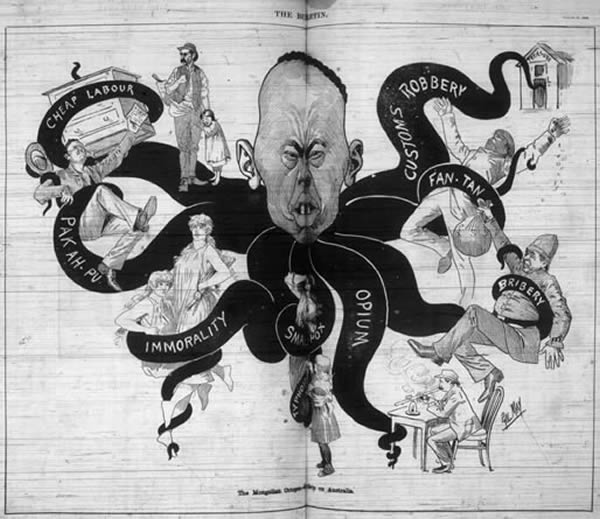By THE NEW YORK TIMES

Boats in Zhoushan harbor, China’s largest fishery.
Of all the stresses that humans have inflicted on the world’s oceans, including pollution and global warming, industrial fishing ranks high.
For years, trawlers capable of scouring the ocean floor, and factory ships trailing driftnets and longlines baited with thousands of hooks, have damaged once-abundant fisheries to the point where, the United Nations says, 90 percent of them are now fully exploited or facing collapse.
The damage is not just to the fish and the ecosystem but also to people who depend on them for food and income.
The damage is not just to the fish and the ecosystem but also to people who depend on them for food and income.
This is particularly true in Africa.
In 2008, in two striking articles, The Times reported that mechanized fleets from the European Union, Russia and China had nearly picked clean the oceans off Senegal and other northwest African countries, ruining coastal economies.
It’s still happening, but now, according to a report by The Times’s Andrew Jacobs, China stands alone as the major predator.
With its own waters heavily overfished, and being forced to forage elsewhere to feed its people, the Chinese government commands a fleet of nearly 2,600 vessels, 10 times larger than the United States fleet, all heavily subsidized.
With its own waters heavily overfished, and being forced to forage elsewhere to feed its people, the Chinese government commands a fleet of nearly 2,600 vessels, 10 times larger than the United States fleet, all heavily subsidized.
As Zhang Hongzhou of Singapore’s Nanyang Technological University observes, “For China’s leaders, ensuring a steady supply of aquatic products is not just about good economics but social stability and political legitimacy.”
The result: The Chinese government is basically snatching fish out of the nets of poor fishermen in Africa in order to keep fish on plates in China.
The result: The Chinese government is basically snatching fish out of the nets of poor fishermen in Africa in order to keep fish on plates in China.
A new study published by the journal Frontiers in Marine Science says that Chinese ships are so large that they scoop up as many fish in a week as Senegalese boats catch in a year, costing West African economies some $2 billion.
Further, Chinese ships don’t hesitate to break the law to meet soaring demand.
Further, Chinese ships don’t hesitate to break the law to meet soaring demand.
In 2015, Greenpeace found numerous cases of illegal Chinese fishing in West African waters, including ships that misreported their coordinates or underreported their tonnage: known ploys to fish in prohibited areas.
Yet this presents nations like Senegal with a difficult choice, because China is also pumping $60 billion into African development.
As Alassane Samba, the former head of Senegal’s Oceanic Research Institute, put it, “It’s hard to say no to China when they are building your roads.”
The good news, such as it is, is that some nations whose waters are at risk are rebelling, and the Chinese may slowly be getting the message.
Indonesia has impounded scores of Chinese boats caught poaching in its waters, and Argentina sunk a Chinese vessel after it tried to ram a coast guard ship.
There have been clashes between Chinese fishermen and the authorities in South Korea.
China has pledged to cut fuel subsidies to its fleet by 60 percent by 2019.
China has pledged to cut fuel subsidies to its fleet by 60 percent by 2019.
“The era of fishing any way you want, wherever you want, has passed,” says Liu Xinzhong, deputy general director of the Bureau of Fisheries in Beijing.
In January, China’s Ministry of Agriculture announced measures aimed at protecting China’s own fisheries, including possible catch limits.
That could eventually take some pressure off African and other international waters.
That could eventually take some pressure off African and other international waters.
So could the international compact known formally as the Agreement on Port State Measures to Prevent, Deter and Eliminate Illegal, Unreported and Unregulated Fishing, which went into effect last year.
The treaty seeks to identify fishing vessels, tracking where they fish and how much fish they are harvesting.
The United States ratified the agreement in 2016.
As of last week, 44 other countries and the European Union had also signed on.
China, regrettably, has yet to do so.
China, regrettably, has yet to do so.
Beijing may be feeling the world’s censure.
But it has a very long way to go before it becomes a responsible steward of the oceans’ threatened and not inexhaustible resources.

Aucun commentaire:
Enregistrer un commentaire